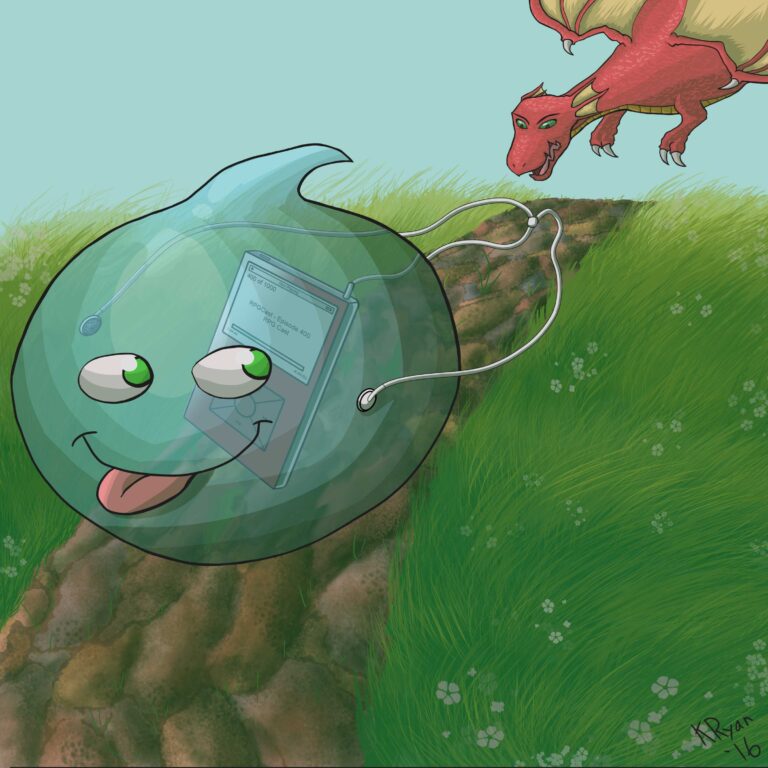Intensifying extreme heat and drought due to climate change will make Australia’s soil a net emitter of carbon dioxide, impeding the country from reaching its climate goals, new analysis has found.
Soil carbon sequestration has been identified as a way to help Australia meet its greenhouse gas emission reduction targets of 43% by 2030 and net zero by 2050.
But a study published in the Nature Portfolio Journal has estimated median annual emissions from Australian soils will range from about 30 to 100 megatons of C02 over the next 80 years. The modelling is based on the prevailing “middle-of-the-road” global emissions reduction scenario.
The report found net median soil carbon emissions during 2020-2045 will be equivalent to 14% of the country’s total 2022 emissions, or 82% of agriculture emissions.
The report’s lead author, Prof Raphael Viscarra Rossel, said the “concerning” findings show the substantial threat soil carbon losses pose to Australia’s emissions reduction targets.
“If Australia wants to achieve its emissions reductions targets … that’s a significant amount of emissions that we’re not accounting for,” he said.
Soil carbon stocks fluctuate naturally with rainfall patterns but are also affected by land management practices in agriculture. Drier and hotter conditions are associated with more soil carbon escaping into the atmosphere and lower rates of sequestration.
Based on current land management practices, the report predicted agricultural areas will accrue as much as 0.19 tonnes of CO2 per hectare each year between 2020 and 2045.
But by 2070-2100, the modelling found these gains will slow significantly because of rising average temperatures, and will not be enough to counteract “huge” soil carbon losses in Australia’s vast interior – known as rangelands – which are more sensitive to a warming climate.
Viscarra Rossel said the projected release of soil carbon into the atmosphere would contribute to climate feedback loops by causing additional global heating, which would exacerbate soil carbon losses.
“If we don’t do anything about soil [carbon losses] things are going to get warmer, and then we’ll lose even more carbon,” he said.
“It’s dire. We need to do whatever we can … to try and minimise that [carbon] loss from soil.”
Government incentives for landowners to sequester and store carbon in their soil has driven burgeoning interest in soil carbon projects, but Australia’s leading soil scientists have called for flaws in the scheme to be urgently addressed.
As of 3 March, there are 530 soil carbon projects registered under the Clean Energy Regulator. Seven of those have so far been issued a combined 254,913 Australian carbon credit units (ACCUs), currently worth more than $8m. Ten projects have been voluntarily revoked.
Soil sequestration gains have also been used to offset onfarm emissions (a process known as “insetting”). And in an Australian first, 700 breeding cattle up for auction were marketed as carbon-neutral last month.
Viscarra Rossel said more focus was needed to curb impending soil carbon losses in inland rangeland regions.
“The climate change problem is so large and so wicked that soil is not going to solve the problem,” he said. “But it can play a part by mitigating the [soil carbon] losses we are projecting.”
A spokesperson from the environment department said Australia’s National Greenhouse Accounts measure changes in soil carbon as a result of changes to temperature and rainfall, which are used to track Australia’s progress towards net zero.
The Australian government has invested $40m to develop low-cost technology to accurately measure soil carbon.
The report said there is an well-documented “uncertainty” in modelling future soil carbon levels and that “our understanding of the sources of this uncertainty is evolving”.
#Australias #soil #net #carbon #emitter #threat #climate #goals #report #Greenhouse #gas #emissions


















+ There are no comments
Add yours